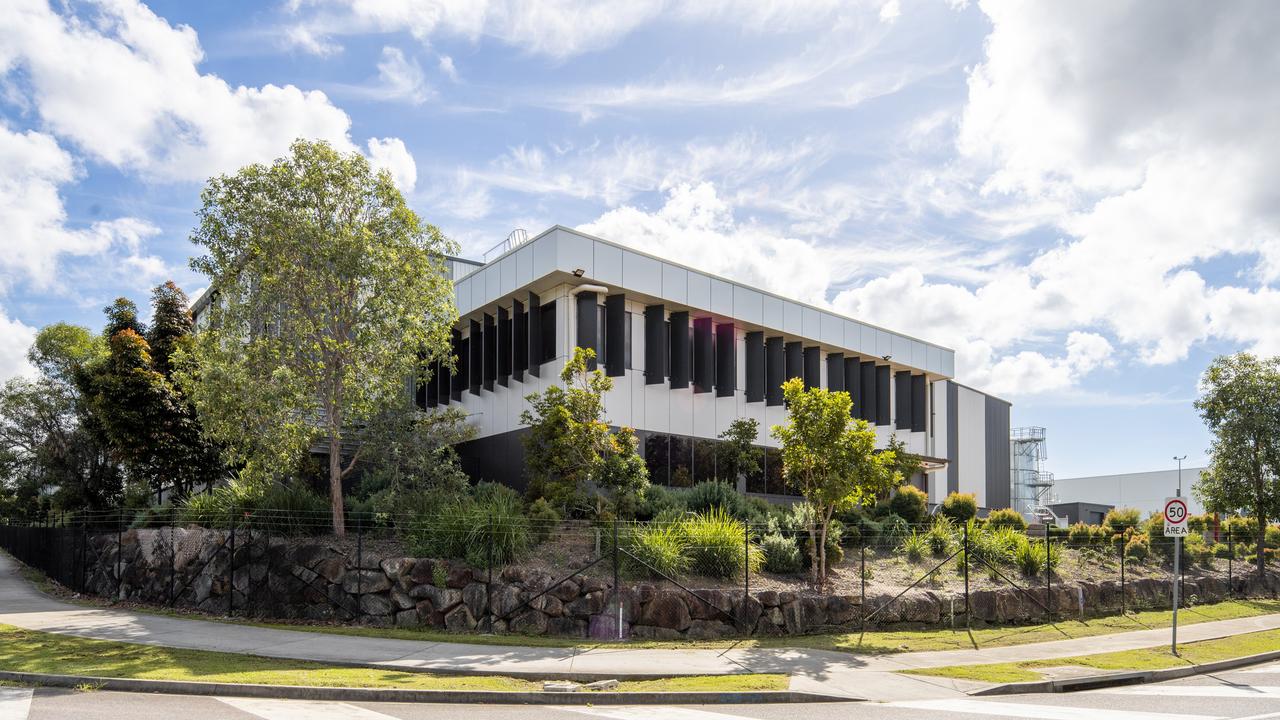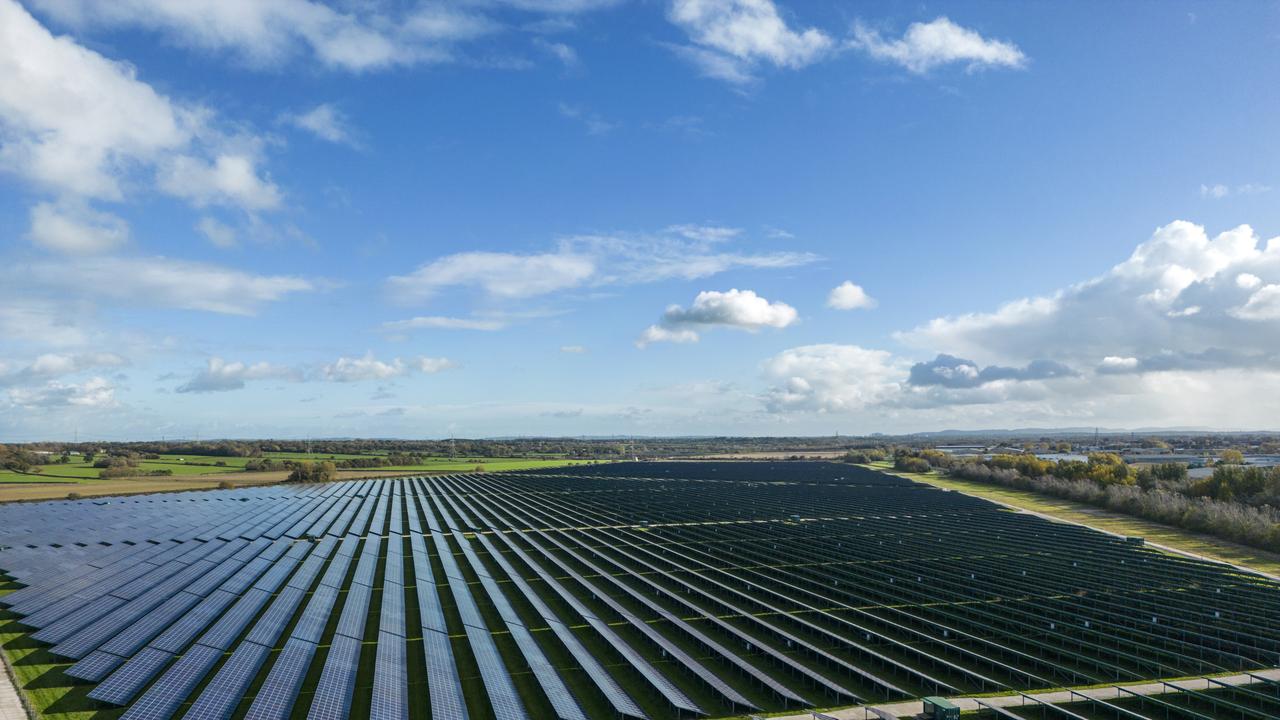Iron ore, oil and songlines, the cases that kept our courts busy
The Hancock mining legacy, claims of Indigenous lore being sullied and a mattress company’s millions were just a few of the cases keeping courts busy in 2023 | LIST
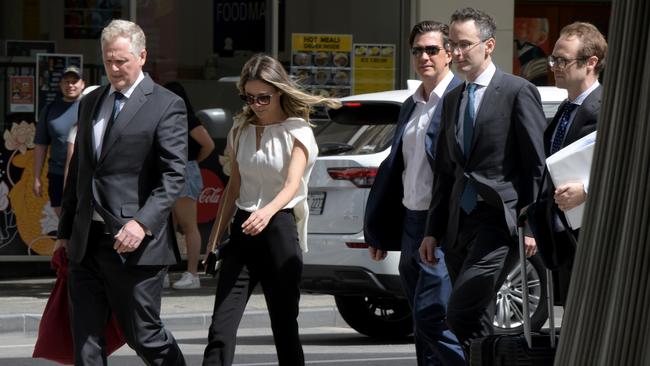
Business
Don't miss out on the headlines from Business. Followed categories will be added to My News.
It was the year in which some of the nation’s wealthiest business identities, including descendants of WA’s iron ore founding fathers Lang Hancock and Peter Wright, as well as little-known Australians, took on some of our biggest companies in court.
And 2023 will be remembered for the corporate regulator’s “landmark win” against ANZ in the Federal Court, as well as giving us a glimpse into what happens when a relationship between venture capitalists and budding entrepreneurs breaks down.
Here are the key cases of the year:
John and Bianca Hancock, their mother Gina Rinehart, the Wrights and iron ore billions
After a three-month trial that took a decade to reach court, a fight between two of Western Australia’s wealthiest families over who gets to control billions of dollars in iron ore assets and royalties has almost run its course.
WA Supreme Court judge Jennifer Smith presided over the dispute, in which she will now have to decide who among Lang Hancock’s and Peter Wright’s descendants is legally entitled to the riches.
Wright Prospecting is suing for past and future royalties from the Hope Downs mines as well as a stake in the East Angelas iron ore deposits which are likely to be worth at least $1bn.
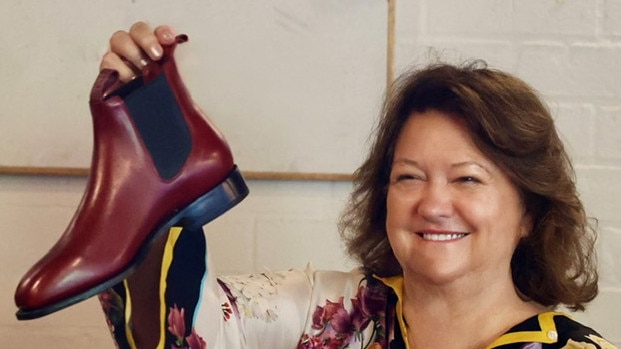
Wright Prospecting is owned by Wright’s descendants, including daughter Angela Bennett and grandchildren Leonie Baldock and Alexandra Burt.
But lawyers for Gina Rinehart’s Hancock Prospecting argued that the grab for a share of the billions flowing out of her Hope Downs iron ore mines was “fatally” flawed, amid the legal battle in which letters and diary notes were tendered in evidence.
Rinehart’s children, John Hancock and Bianca Rinehart, also appeared in court in November to watch their lawyers argue why the deposits should belong to them, not their mother.
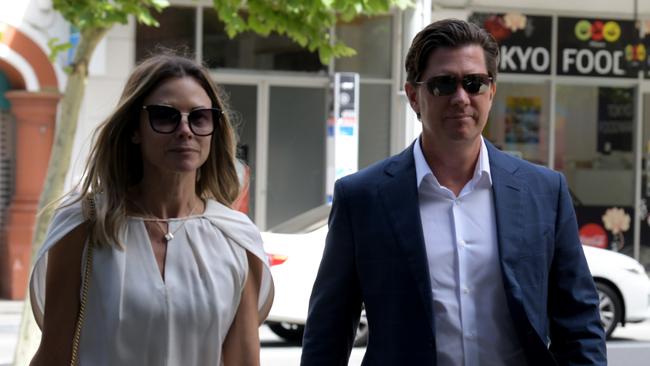
DFD Rhodes – the family company owned by descendants of Pilbara trucking figure Don Rhodes – claims it should receive a 1.25 per cent royalty from Hope Downs too.
Tiwi Islands traditional owner Simon Munkara v oil and gas giant Santos
A Federal Court judge will deliver a highly-anticipated judgment in a case that has stalled Santos’s $5.3bn Barossa gas development in the Timor Sea and threatens Australia’s future gas supply.
The case was brought by Tiwi Islands traditional owner Simon Munkara on January 15.
In November Justice Natalie Charlesworth granted Munkara an urgent injunction against Santos starting to lay underwater pipes for the project until at least January. His claim is that development of the area, about 265km north of Darwin, would cause irreparable harm to traditional owners’ connection to sea.
In their closing remarks, lawyers for Munkara said the pipes would disturb the journey of rainbow serpent Ampiji and cause significant concern to the Indigenous community.
But lawyers for Santos argued the development would not affect underwater “songlines” because the rainbow serpent was not connected to any specific site in the area.
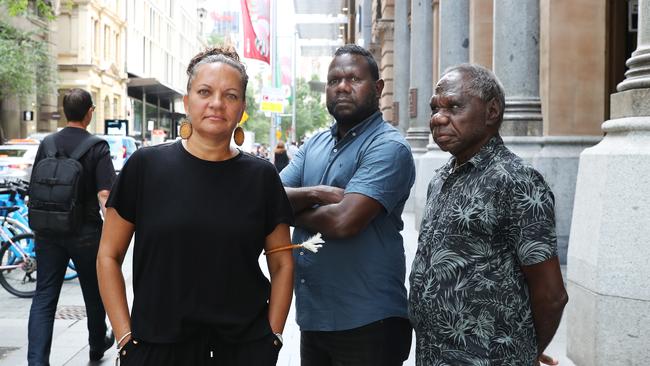
In December, Santos secured approval from the federal offshore regulator the National Offshore Petroleum Safety and Environmental Management Authority for a revised plan to drill at the Barossa project.
Santos’s production targets for first gas by early 2025 have been placed at risk over the delays, after the oil and gas giant previously said it must resume work by December 3.
The project had already been suspended following a separate court ruling last year that Santos failed to consult traditional owners.
Santos also faces a separate and ongoing Federal Court case, launched by the Australian Centre for Corporate Responsibility in 2021, over allegations that it engaged in net zero greenwashing in its 2020 annual report.
“Santos’s representation that the natural gas it produces is clean energy was misleading or deceptive, as the extraction and use of natural gas as an energy source is a material contributor to climate change and global warming,” the ACCR says.
E-mattress entrepreneurs behind Sleeping Duck fall out with venture capitalist, Adir Shiffman
After a three-week trial, the Victorian Supreme Court is due to soon end a dispute between Adir Shiffman, and Sleeping Duck founders Selvam Sinnappan and Winston Wijeyeratne – with millions of dollars on the line.
Shiffman argues he should be allowed to realise what he claims was his promised 20 per cent stake in the company. He said that amounted to $60m based on a $300m valuation after he supplied the pair his expertise and contacts to propel the business to success.
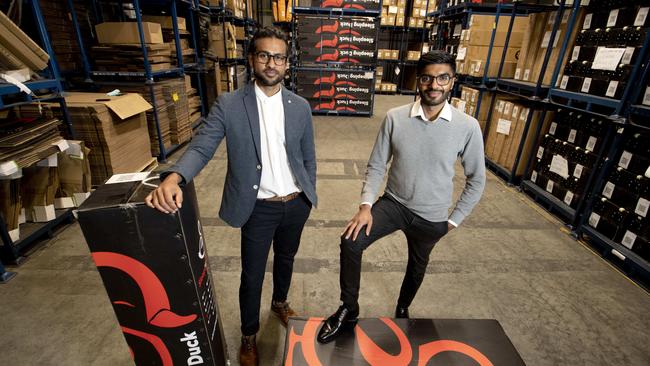
The e-mattress founders have consistently denied Shiffman’s case, that he was frozen out of an active investor role in the company, and say he was paid $10,000 per month for his advice and guidance in a “quid pro quo” arrangement.
On Shiffman’s evidence, retail giant Adairs expressed an interest in acquiring 40 per cent of the company at about $128m, which implied an enterprise value of about $310m.
As well, VCF Capital Partners and Morgans valued the company at “north of $300m” during 2020. But on Sinnappan’s and Wijeyeratne’s case, the business is now worth $45m.
The corporate regulator takes on Nuix
A judgment in the Australian Security and Investment Commission’s Federal Court case against technology firm Nuix is due to be handed down, over allegations its directors misled the market when they failed to disclose a massive shortfall in projected revenue.
ASIC has alleged Nuix made two announcements to the ASX which were false, including one on February 26 and another on March 8, 2021 that reported forecast revenue for that financial year was expected to reach $193.5m, and that its projected annualised contract value was $199.6m.
It accused Nuix’s directors Jeffrey Bleich, Rodney Vawdrey, Susan Thomas, Daniel Phillips and Sir Iain Lobban, of breaching their duties by failing to prevent the company from making misleading statements.
The Macquarie-backed analytics and intelligence software company had the biggest initial public offering of 2020, with a $2.7bn sharemarket debut.
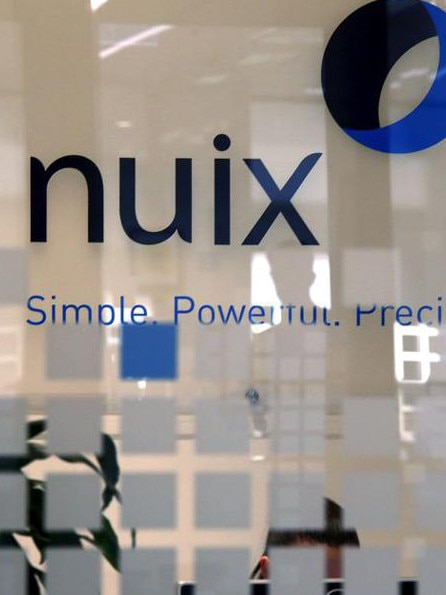
It was alleged the board knew by April 9, 2021 that projected revenue was lower than its public forecasts for the year to June 30.
It wasn’t until April 21 an updated announcement was made to the ASX that showed the company’s revenue was forecast to land within the $180m-$185m.
ASIC also claimed a win over in a “landmark” case against ANZ for failing to disclose information about an overhang of shares on a $2.5bn share placement in August 2015.
Federal Court judge Mark Moshinsky found ANZ breached its continuous disclosure obligations by not revealing a $790m shortfall in its share placement either on the night of August 6 or before the recommencement of trading in shares on August 7.
Qantas loses high court appeal over sacked baggage handlers, cleaners
The national carrier’s reputation was tarnished in 2023, thanks in part to two court outcomes.
The first was handed down in September when the High Court upheld two previous rulings that the airline’s outsourcing of 1700 workers during the height of the Covid-19 pandemic was unlawful.
It faces a $200m fine over that outcome, and the Transport Workers Union has described the illegal sackings as the largest in “Australian corporate history”.
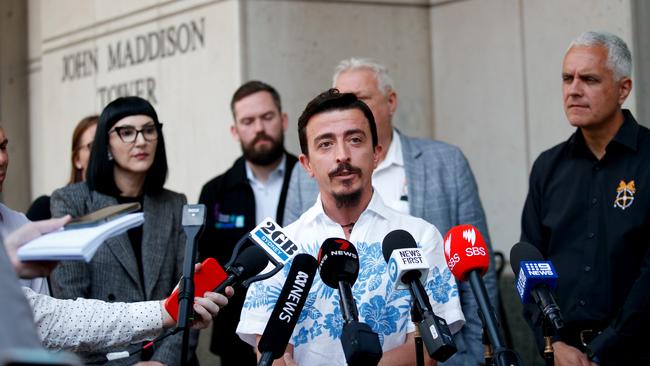
Qantas decided to contract out the jobs of baggage handlers, ramp workers and cleaners during the pandemic, claiming it would save the company $100m a year in labour costs. But the TWU believed the airline was motivated by “prohibited reasons”, and Federal Court judge Michael Lee was satisfied commercial reasons were not the only reason for the mass sackings.
In another win for the union and loss for Qantas, the airline was found guilty of a criminal offence for standing down health and safety representative Theo Seremetidis early in the global pandemic.
Ernst & Young reveals itself as firm behind ex-partner’s alleged tax fraud
The audit and consulting industry suffered another blow in the wake of a national scandal sparked by PwC former head of international tax Peter Collins, who misused government tax briefings to create schemes to sell to clients.
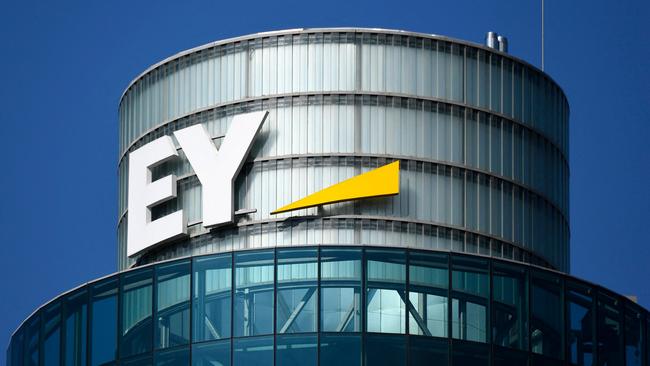
EY identified itself as the employer of an ex-partner who the Australian Taxation Office has alleged committed significant tax misconduct.
According to a redacted statement of claim released by the Federal Court, one aspect of the scheme involved minimising the tax payable on profits from a sale of units.
The case continues, but it is cloaked in secrecy.
More Coverage
Originally published as Iron ore, oil and songlines, the cases that kept our courts busy




